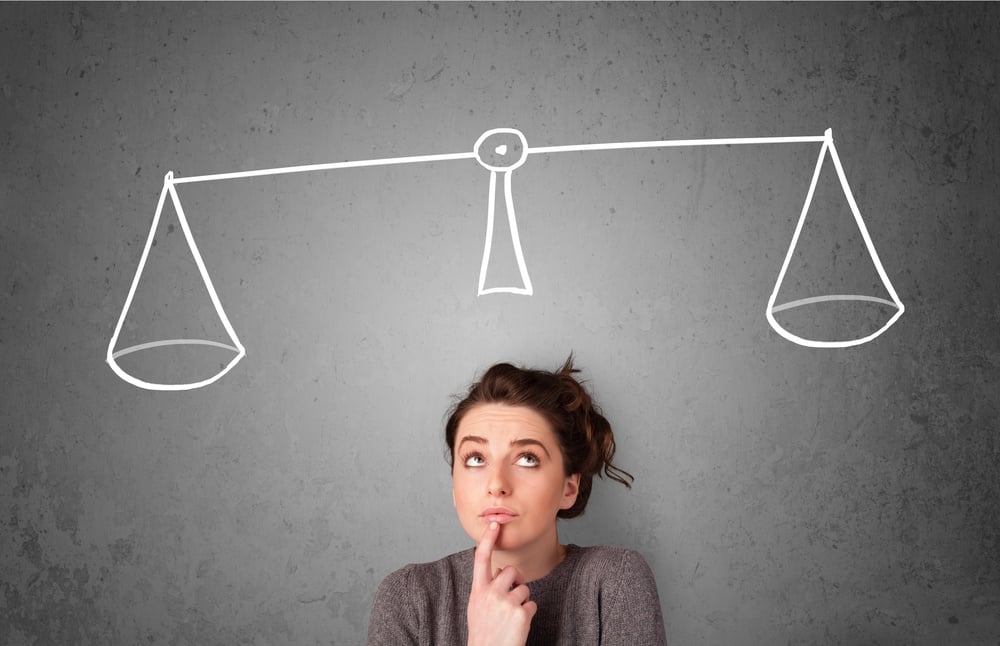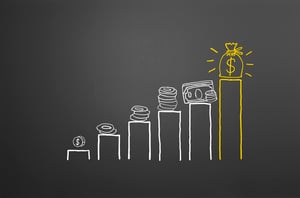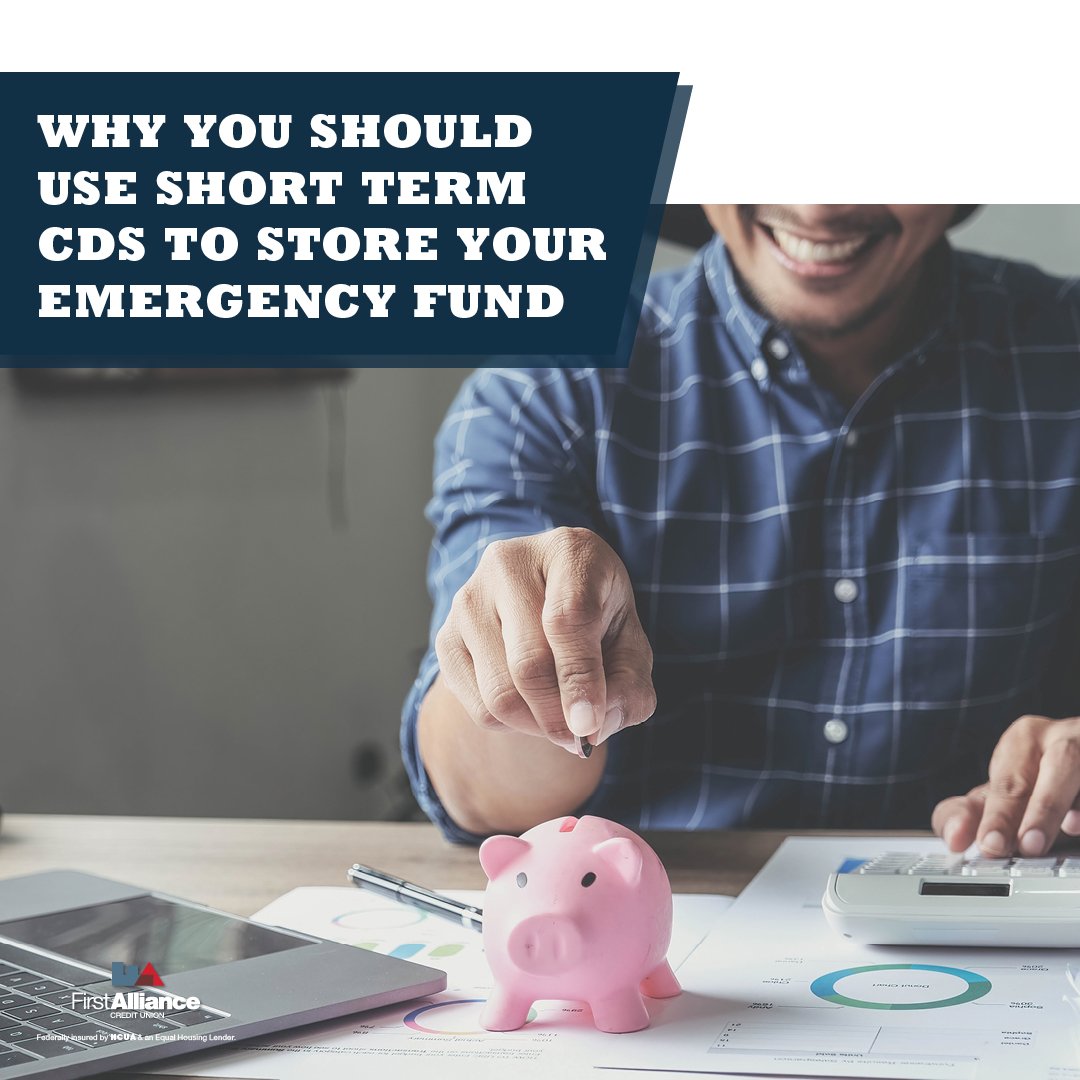What are the Best Types of Business Savings Accounts?
When you start a small business, most if not all of your profit goes towards keeping your business open and paying off your expenses. Once you’ve...
3 min read
 Chris Gottschalk
:
May 6, 2021 5:15:00 AM
Chris Gottschalk
:
May 6, 2021 5:15:00 AM

Ask any financial expert what you need to do to become financially successful, and they’ll tell you one of the first steps is to set up an emergency fund. They’ll also tell you about all the great reasons to build an emergency fund, as well as how to find room in your budget to save for an emergency fund and that you need about three to six months’ worth of income in your emergency fund.
While all of this is good advice, there’s usually one piece of information that tends to get overlooked—what should you do with the money you have in your emergency account?
Most people simply choose to keep their emergency fund in a traditional savings account, and this is not a bad choice. In fact, conventional wisdom says you should keep your money in a traditional savings account. Not only can you easily access your money, which is a must for any emergency fund account, but it will also earn interest.
However, traditional savings accounts don’t pay much interest, and this can be a problem when you’re saving thousands of dollars for several years. If the interest rate in the savings account is lower than the rate of inflation, you may actually end up losing money. Fortunately, there are ways to avoid this.
 Once you’ve reached your emergency fund goal, you should look for an account that has a better interest rate than a traditional savings account, such as a money market account. While these types of accounts usually have a minimum amount you need to deposit (First Alliance’s Personal Money Market Account requires a minimum deposit of $2,000), you should have at least that much in your emergency fund.
Once you’ve reached your emergency fund goal, you should look for an account that has a better interest rate than a traditional savings account, such as a money market account. While these types of accounts usually have a minimum amount you need to deposit (First Alliance’s Personal Money Market Account requires a minimum deposit of $2,000), you should have at least that much in your emergency fund.
A money market account has all the benefits of a traditional savings account, but a much higher interest rate. It’s the perfect account for storing money that you can access immediately if you need to.
While you may be able to find high-yield savings accounts from online financial institutions, you should be aware that these accounts often take several days to process transactions and might not be the best option to keep money you may need to access immediately. If you do decide to keep money in these accounts, you’ll want to make sure you have a contingency plan while you’re waiting for the money to be transferred to your usual checking account, like having a credit card.
While high-yield savings accounts are good places to keep your emergency money, if you have over $3,000 saved you should think about investing it. Investing your money wisely will let your money get even better interest rates, while still having enough of your money immediately accessible if you need it.
 You shouldn’t invest all of your emergency fund, though. If an emergency does arise, you won't want to wait to get your money out of an investment account when you need it immediately. Worse, you could face early withdrawal penalties if you have to take money out of an investment account early.
You shouldn’t invest all of your emergency fund, though. If an emergency does arise, you won't want to wait to get your money out of an investment account when you need it immediately. Worse, you could face early withdrawal penalties if you have to take money out of an investment account early.
Ideally, you should keep around $3,000 of your emergency account accessible at all times, which should cover the cost of a major repair to your car or an emergency home repair.
One of the safest ways to invest your emergency fund money is by putting it in a certificate of deposit (CD). You can earn more interest with money in a CD than you would in even a high-yield savings account, with a lower minimum deposit. Keep in mind if you need to access the money before the term expires, there will be a fee charged.
Once you have enough money in your emergency fund, you have several options for managing it. You can put it in a high-yield savings account, invest it or even combine the two.
If you want to manage your emergency fund effectively, become a member of First Alliance Credit Union today. You can start saving emergency fund money in our traditional savings account, then put it in a high-yield money market account or invest part of it in a CD.
-1.png)
When you start a small business, most if not all of your profit goes towards keeping your business open and paying off your expenses. Once you’ve...

One of the most common mantras among financial advisors is “make your money work for you.” While that’s good advice, the problem is that since most...

When you start creating an emergency fund, your biggest worry is usually whether or not you’ll be able to save up enough money to get you through an...